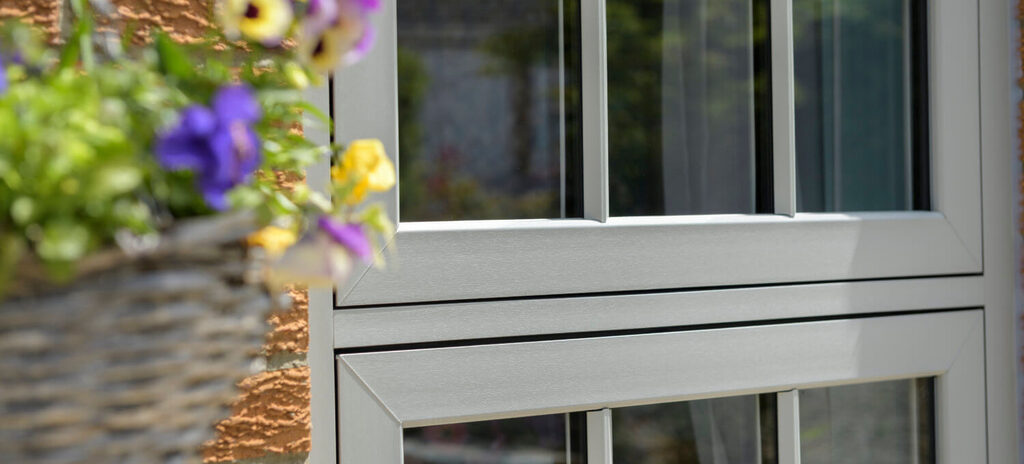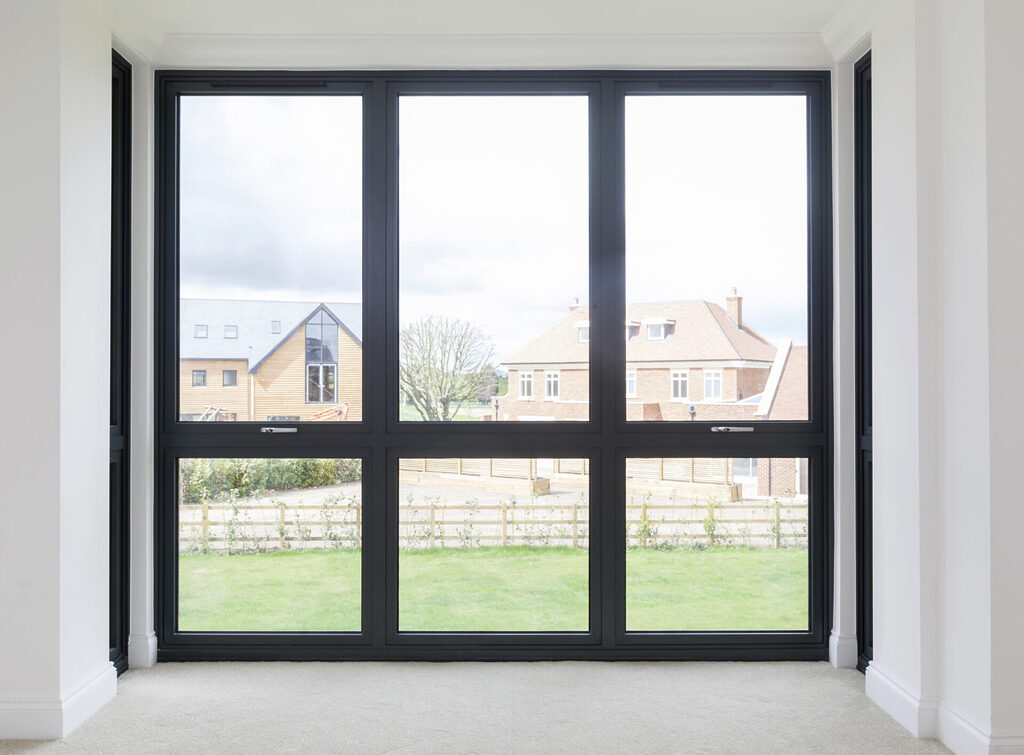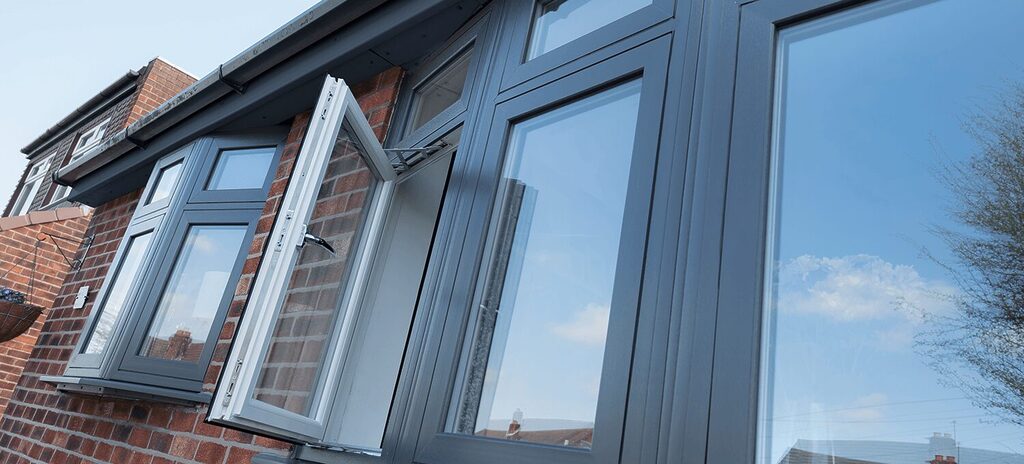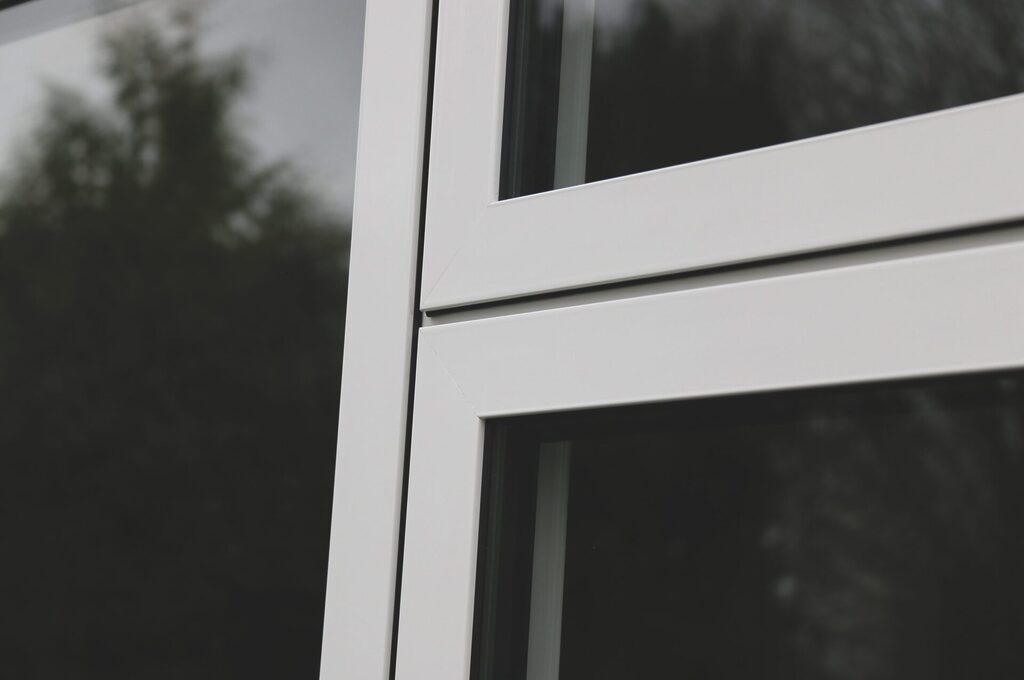Last Updated on 7 November 2024 by Tia Ellahi
How Much Can New Windows Save YOU on Energy?
From reducing heat loss to boosting comfort, energy-efficient windows can make a real difference in your home and help you save up to 20% on your heating bills.
At GFD Homes, we’re passionate about helping you create a home that’s as comfortable as it is efficient.
Upgrading your windows isn’t just a visual upgrade; it’s a smart move for energy savings, comfort, and even the planet!
With rising energy costs, choosing the right windows can be one of the best investments you make for your home.
In this guide, we’ll break down how much you can save on energy bills with new windows, what factors influence those savings, and how to make the most of your investment.
Looking for something in a hurry? Jump ahead:
A Complete Guide to Energy Efficiency and Savings from New Windows
According to the UK’s Energy Saving Trust, windows account for up to 25% of a home’s heat loss.
Whether you’re looking to boost your home’s value, reduce energy costs, or simply want a cosier living space, new windows can make a significant difference.
Energy-efficient windows, particularly double or triple glazing, create a barrier against heat loss in winter and help keep cool air inside during summer, making it easy to maintain a comfortable temperature without overworking your heating or cooling systems.
The right windows can reduce strain on your heating system, which not only saves energy but also extends the life of your equipment.
This means fewer repairs and a lower carbon footprint for a greener, more sustainable home.
Here, we explore everything you need to know about the potential savings and impact that new windows can bring to your home.

What Influences Energy Savings?
Ready to maximise your energy savings? We’ve broken down all the factors—from window types to installation tips—so you can feel confident in your decision and enjoy long-lasting comfort.
1. Window Type
The type of window you choose plays a huge role in how much energy—and money—you can save.
Generally, there are a few common types:
- Single-pane windows are the least efficient, as they offer minimal insulation against outside temperatures.
If you have single-pane windows, upgrading could significantly lower your energy usage, especially during colder months.
- Double-glazed and triple-glazed windows are more energy-efficient options that consist of multiple layers of glass with insulating gas in between.
These gas fills (like argon or krypton) act as barriers against heat transfer, which reduces heat loss and helps retain warmth.
These options are also great for noise reduction, making your home quieter and more peaceful.
- Energy-efficient windows with features like Low-E (low-emissivity) coatings are designed specifically to prevent heat loss or gain.
They reflect heat into the room in winter and deflect heat in summer, keeping your home cosy year-round.
Replacing single-pane windows with double- or triple-glazed ones can lead to up to a 20% reduction in heating bills.
For aluminium options, check out the benefits of an aluminium window to see how they perform.

Each has its unique benefits, but aluminium is particularly known for its durability and modern look while also being highly energy-efficient when combined with thermal breaks.
2. Insulation
When it comes to energy efficiency, windows are your home’s unsung heroes.
A well-insulated window works quietly to keep your home at the perfect temperature, reducing your need for constant heating or cooling and letting you enjoy the comfort of every room.
Energy-efficient windows often include insulating features like:
- Thermal breaks in frames, particularly in aluminium windows, prevent heat transfer between the interior and exterior, keeping the inside temperature stable and comfortable.
- Gas fills (like argon or krypton) between panes create an additional layer of insulation, improving the window’s performance against extreme temperatures.
- Low-E coatings are an advanced technology in window insulation, reflecting heat back into the room during winter while keeping it out during the summer.
These coatings reduce the amount of infrared and ultraviolet light that comes through the glass, helping to maintain a comfortable indoor environment without heavy reliance on your heating system.
With the right insulation, you’ll feel the difference as your home maintains a more stable temperature, and you may even notice fewer drafts or cold spots in rooms, which can improve comfort and reduce heating costs.

3. Climate
Your local climate has a considerable effect on how much energy you’ll save.
In colder climates, energy-efficient windows help reduce the amount of heating required to keep your home warm, leading to more significant savings.
In warmer regions, these windows keep cool air in, reducing the need for air conditioning. For example:
- In colder areas of the UK, Low-E glass with a high solar heat gain coefficient (SHGC) allows sunlight to naturally warm the house, reducing the need for heating.
- In more temperate regions, Low-E glass with a lower SHGC keeps solar heat out, helping reduce the cooling load in warmer months.
Windows are often rated for specific climates, so when purchasing, consider whether your area’s primary concern is heating or cooling to find the most effective options for energy conservation.
4. Existing Windows
If your current windows are older, single-pane, or made from outdated materials, you’re likely losing a lot of energy.
Older windows often have poor insulation, thin glass, or deteriorating seals that lead to drafts and air leakage, which causes your heating system to work overtime.
Switching from single-pane to double- or triple-glazed windows can provide substantial energy savings.
For those with double glazing already, upgrading to high-efficiency or triple-glazed models can still offer noticeable savings and improve comfort in the home.
5. Installation Quality
Installation is just as important as the window itself! Even the best windows won’t perform well if they’re not installed correctly.
Gaps and air leaks around the window frames can undo all the energy-saving benefits of your new windows.
A professional installer will ensure each window is fitted snugly, with no gaps that allow air to escape, reducing potential energy waste.
Our customers often tell us they notice fewer drafts and a quieter home after installing new, energy-efficient windows with our professional team.

Looking for more tips on boosting your home’s efficiency? Check out our guide on how to make your home more energy efficient.
Upgrade to New Windows to Save on Energy with GFD Homes
At GFD Homes, we’re here to help you make a choice that’s smart, stylish, and sustainable.
Our range of high-quality, energy-efficient windows are designed to help homeowners reduce energy costs while enhancing the comfort and appearance of their homes.
With options that include double and triple-glazed windows, Low-E coatings, and thermal breaks, GFD Homes can guide you in finding windows that meet both your style preferences and energy-saving needs.
Ready to make the jump? Give our expert team a call on 01642 309 576 or book a visit to our Teesside showroom to get your hands on new windows to save on energy!
FAQs on How Much Will New Windows Save On Energy?
How much energy does a new window save?
Great question! Switching to energy-efficient windows can save you between 10% and 20% on your energy bills.
It all depends on your home’s setup and local climate, but those savings add up fast and bring you more comfort too!
Will new windows reduce heating bills?
Absolutely! New windows can reduce your heating bill by helping to keep warmth where it belongs.
Double-glazed and triple-glazed windows, along with windows equipped with Low-E coatings, are especially effective at reducing heat loss.
Many of our customers have seen impressive drops in their heating costs once those draughty old windows are gone!
How much difference will new windows make?
New windows make a big difference in comfort, cutting down on drafts and stabilising indoor temperatures.
Imagine a home where every room stays cosy without constantly adjusting the thermostat—our energy-efficient windows make that possible!
How much difference do energy-efficient windows make?
Energy-efficient windows can make a substantial difference, especially in older homes or homes with single-pane windows.
They reduce the need for heating and cooling, lower energy bills, and offer better insulation, which enhances overall home comfort and energy conservation.
Homeowners with energy-efficient windows often report a more consistent indoor temperature, reduced drafts, and improved energy costs over time.
